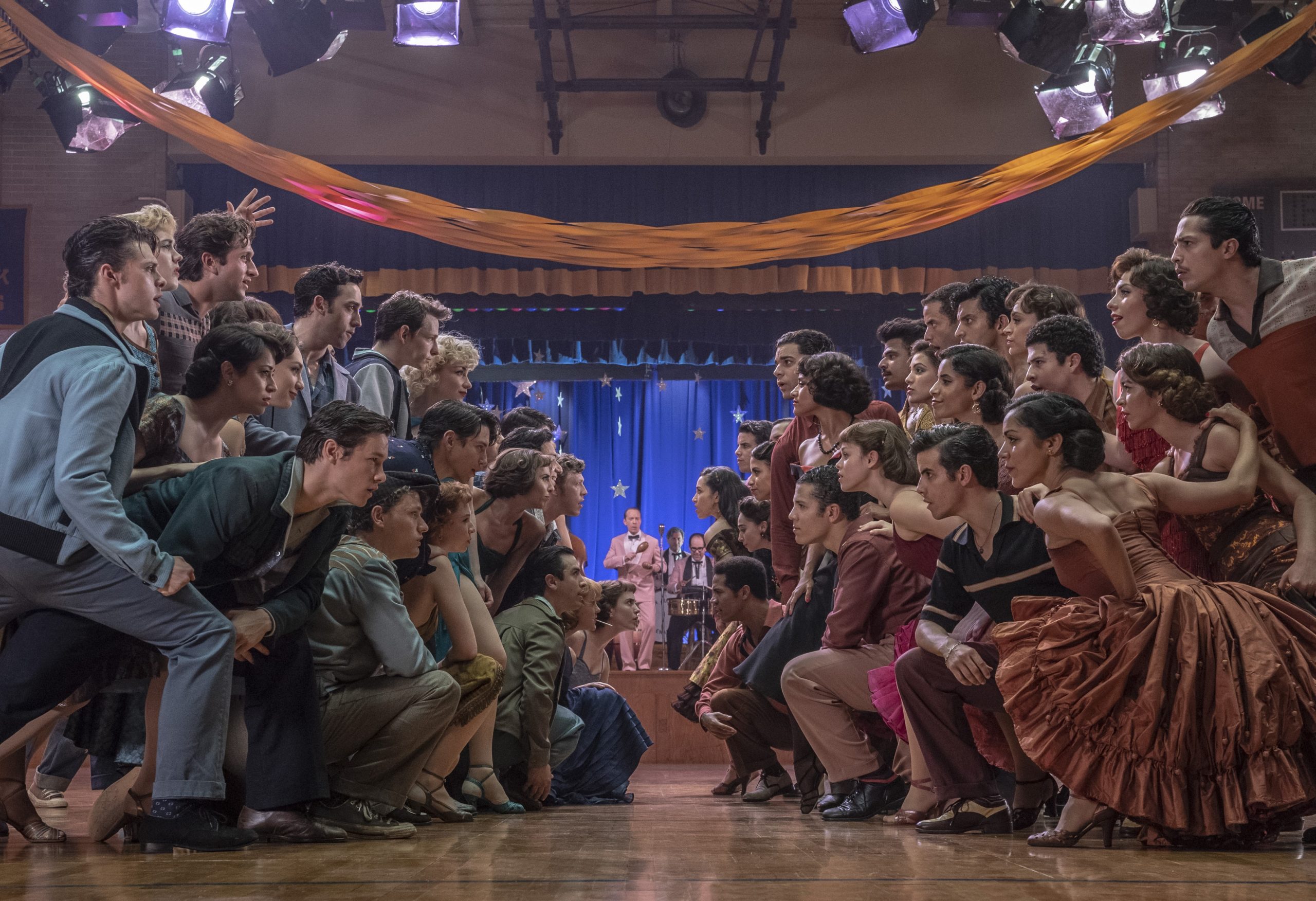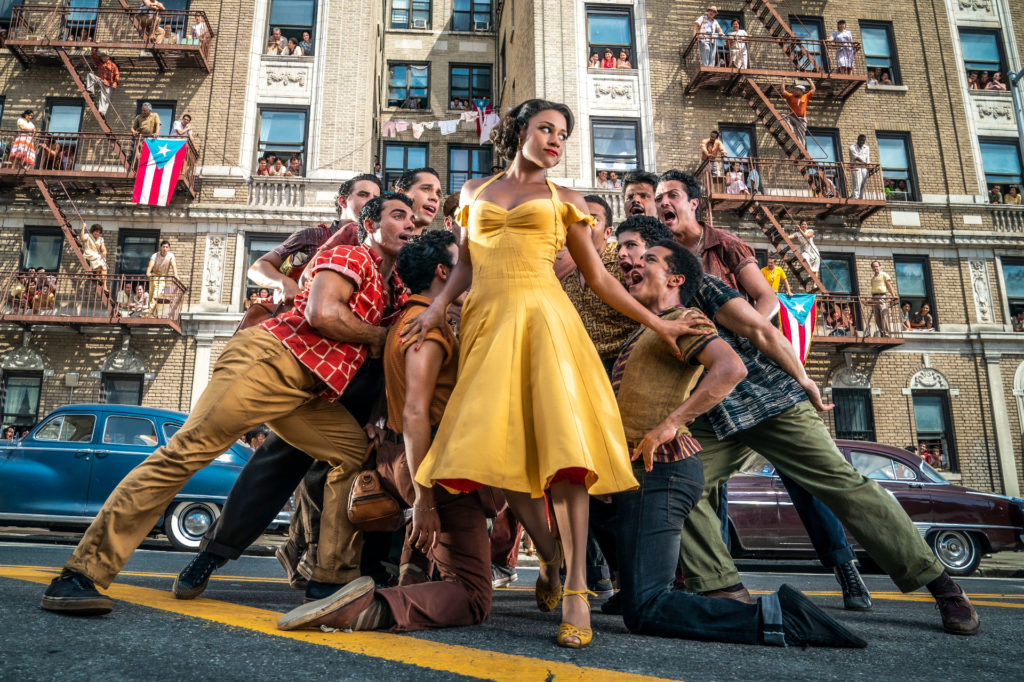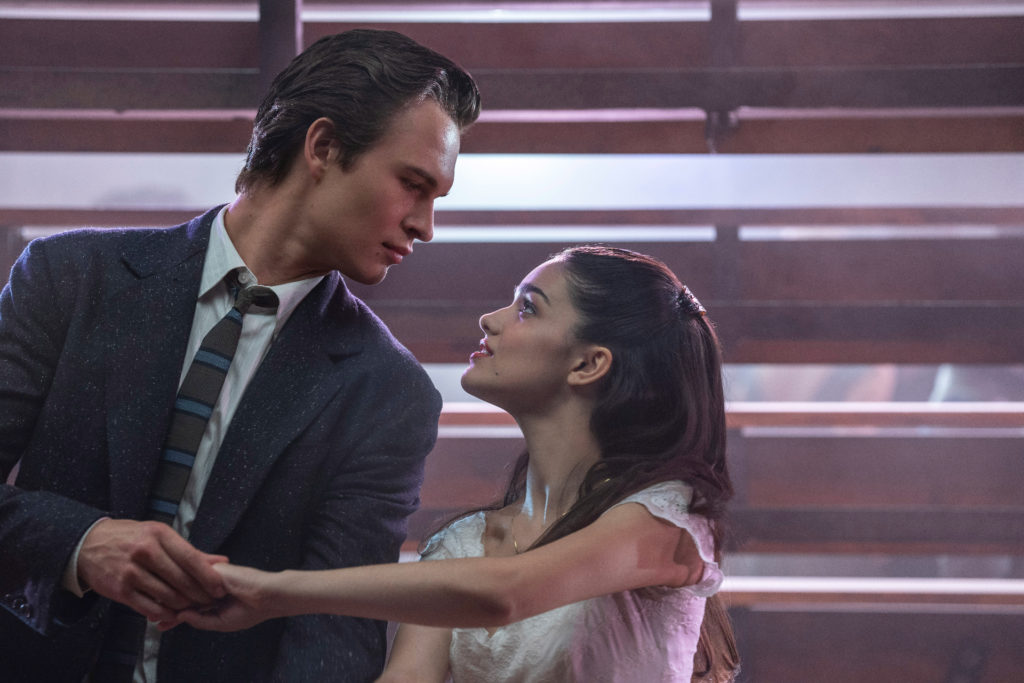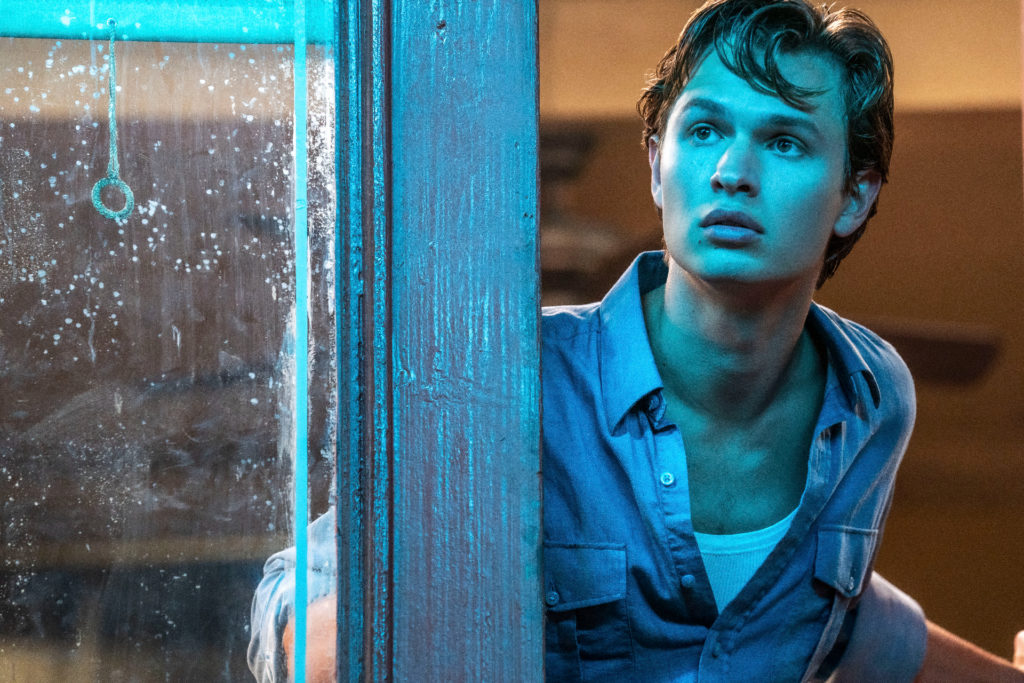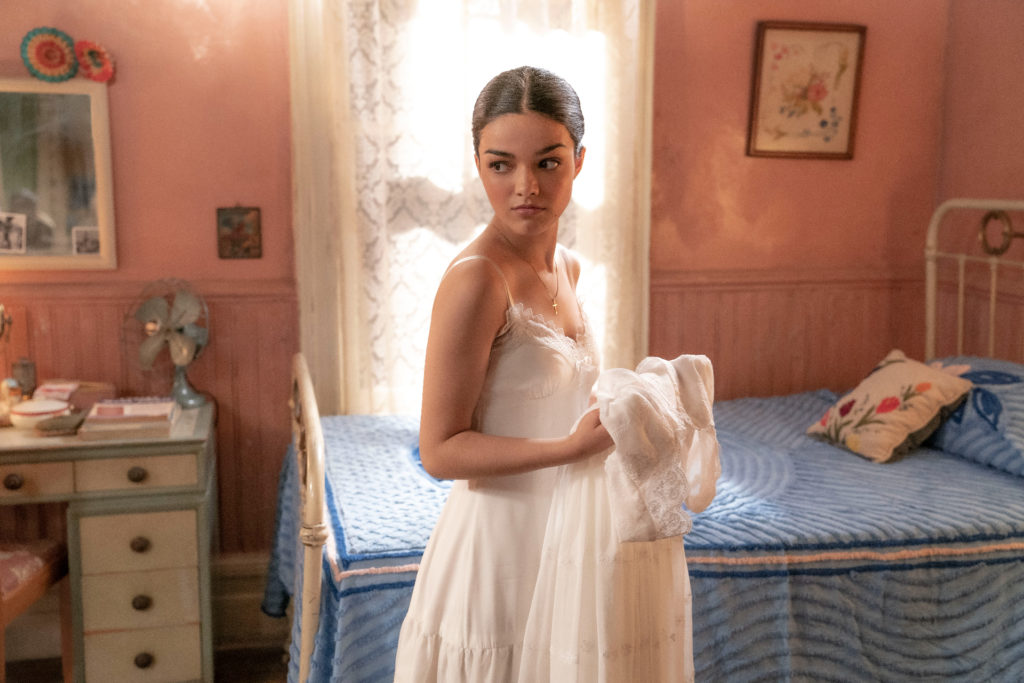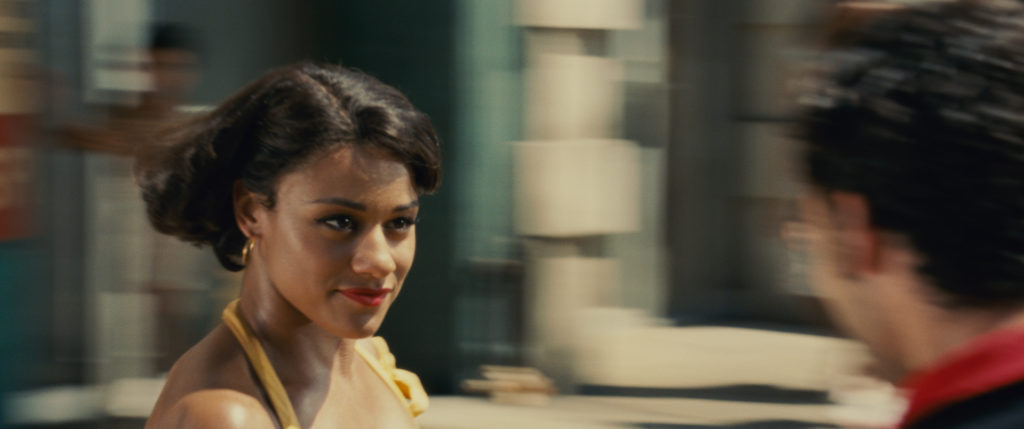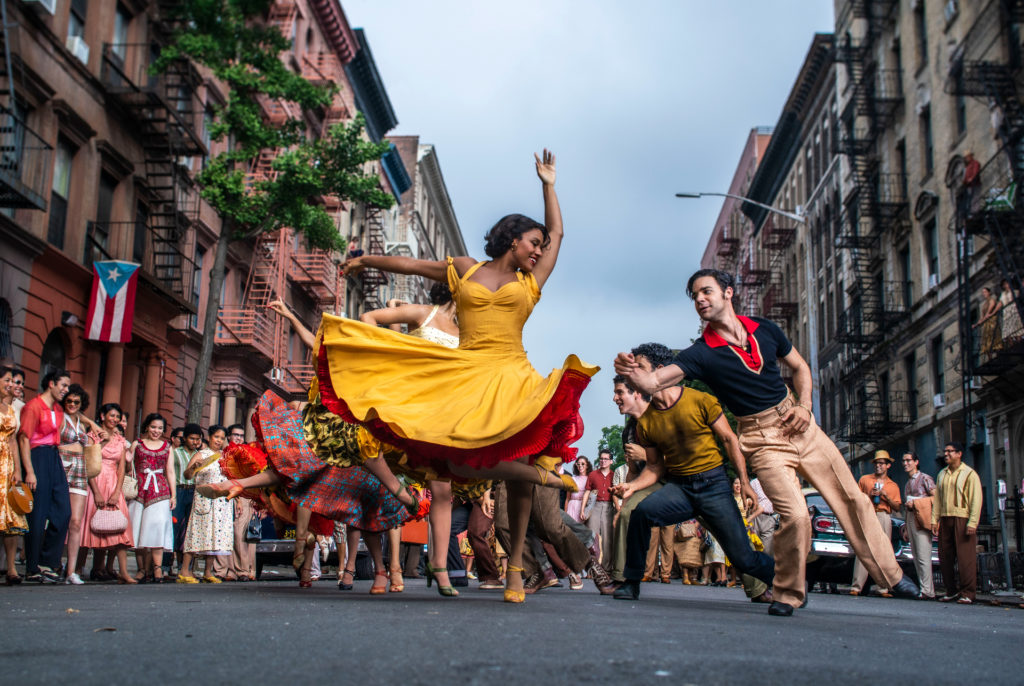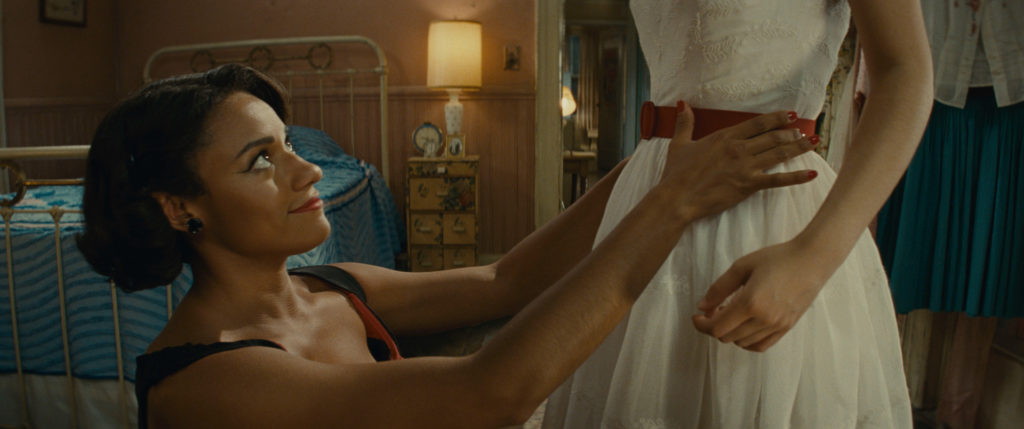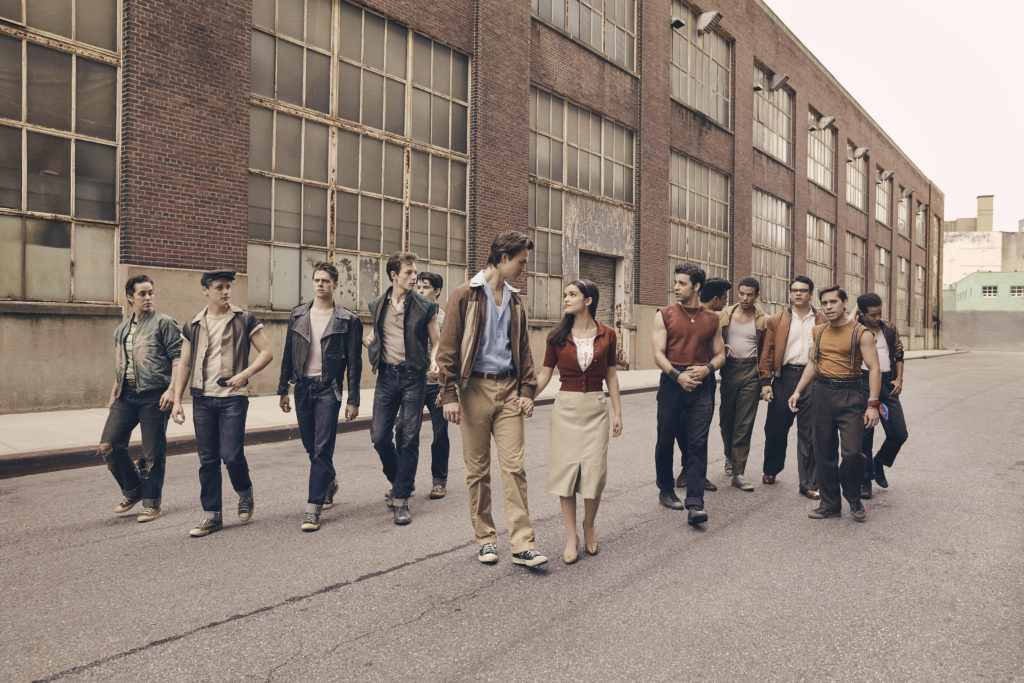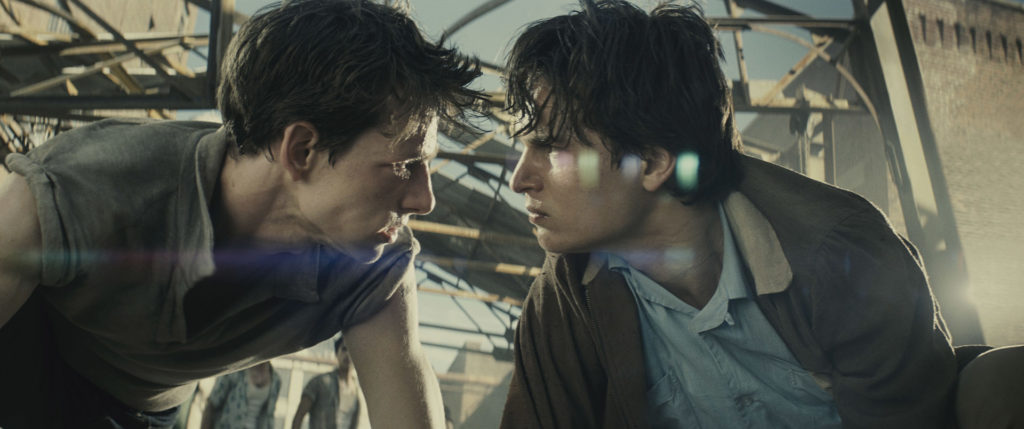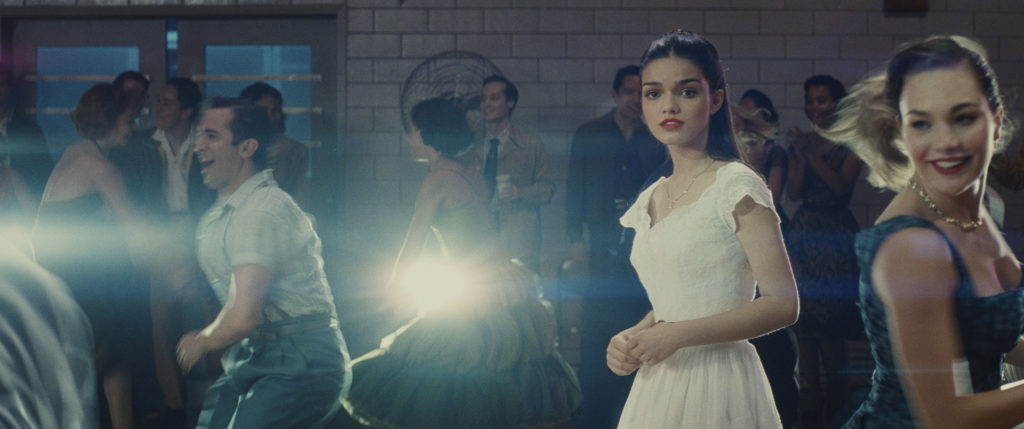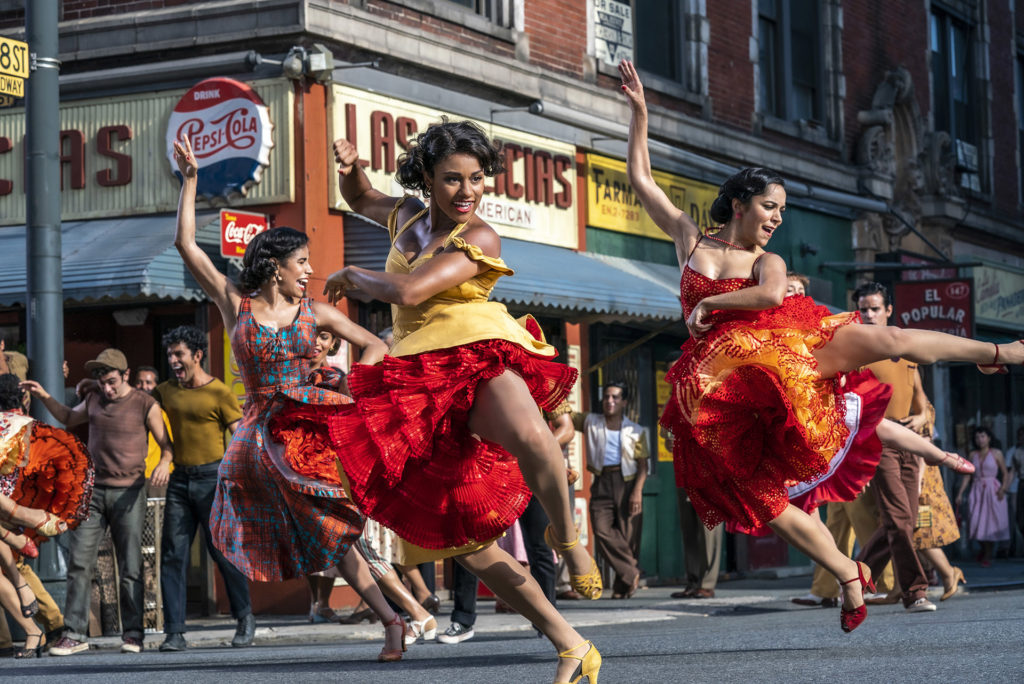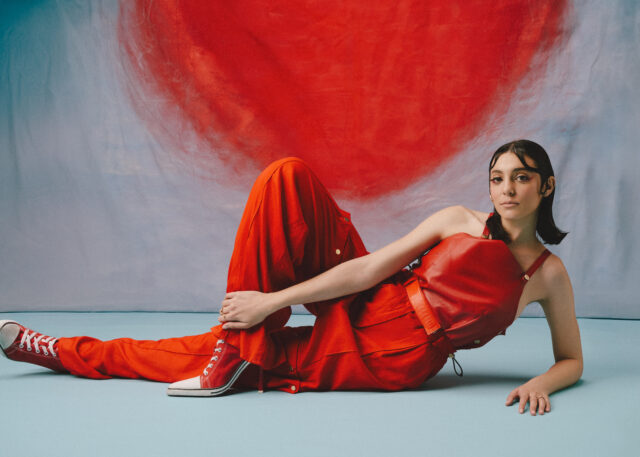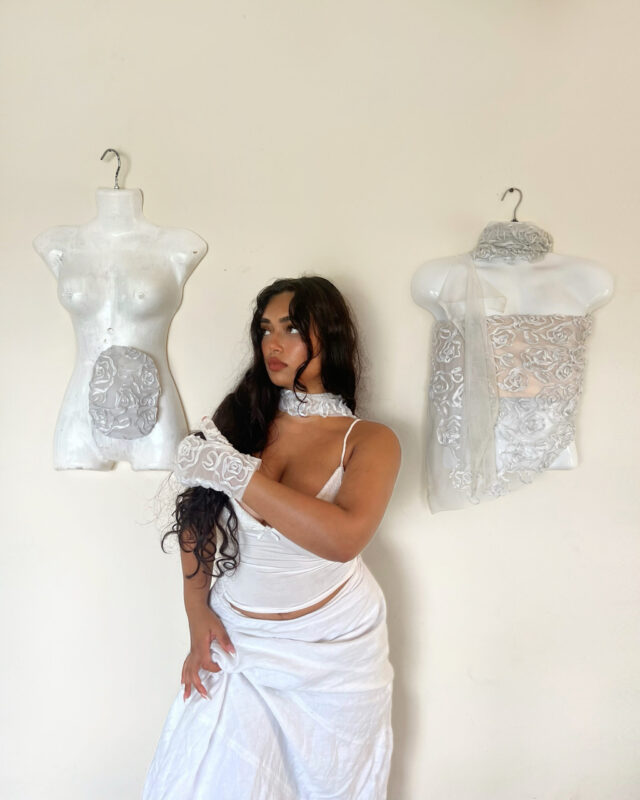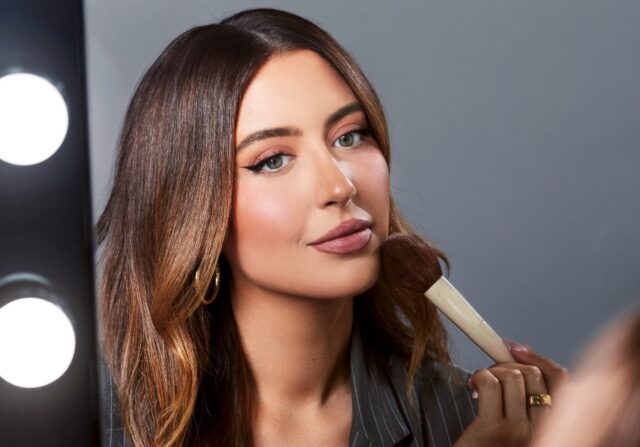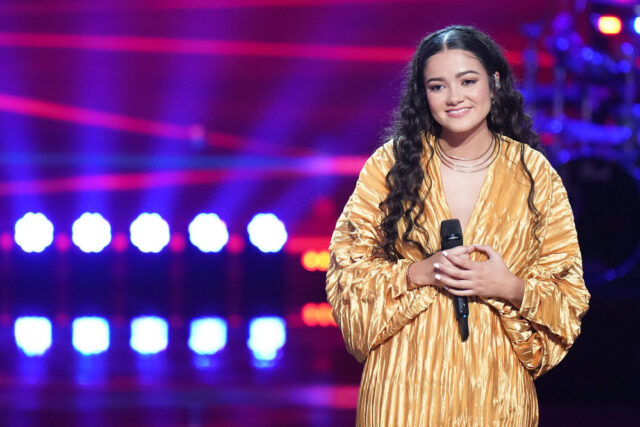INTERVIEW: Rachel Zegler and Ariana DeBose on Dynamic New Film ‘West Side Story’
West Side Story hits theaters on December 10, stars an incredible lineup of talent including Rachel Zegler and Ariana DeBose, and features an enhanced story that appeals to a new generation of viewers. The film is directed by Steven Spielberg and adapted from the 1961 version, making it the first musical of his career.
The film set in 1957 stars newcomer and rising star Rachel Zegler as Maria opposite Ansel Elgort as Tony and the incredible triple threat Ariana DeBose ( Hamilton and Prom ) as Anita. The legendary Rita Moreno returns from her debut in the original West Side Story as Anita, taking on the role of Valentina, the wife of the late owner of Doc’s drugstore.
The filmmakers have brought a refreshing update to the story with a deeper dive into the gentrification that centers around the riffs between the two rivaling gang members; the Jetts led by Mike Faist as Riff and the Sharks, led by David Alvarez as Bernardo. Bernardo also is the brother of Maria and boyfriend to Anita. In addition, Alvarez is equally on fire in this film and is a trained ballet dancer who actually won a Tony when he was just 14 years old for Billy Elliott the Musical.
Rachel Zegler’s performance as Maria is beautiful and timeless, and she shows audiences exactly why she was chosen for this role after a year-long audition process. Her voice is mesmerizing, and she captivates representing as a Latin actress after Natalie Wood who is white, played the original Latin role. In fact, many of the Latin roles in the original were cast with non-Latin actors who wore brown makeup, something Spielberg’s version makes right on with its inclusive casting, even omitting subtitles for any Spanish language lines.
Ariana DeBose as Anita is magnetic on-screen with her voice, precision dance skills, and thunderous acting chops. You can see the standard she holds herself to in every scene. Ariana also is playing a role that a lighter-skinned Rita Moreno originally played and ultimately earned her the award for Best Supporting Actress for.
Moreno has since spoken out about her experiences with racism on the original set, as well as the use of brownface. DeBose made her wishes very clear when auditioning for the 2021 role; she wanted to be an authentic Afro-Latina without watering herself or the part down.
The cinematography, lighting, costumes (Paul Tazewell), and score are incredible, complimenting the stellar performances by Zegler and DeBose, who both take viewers on a journey through family, love, loss, and grief through the films inspiring yet tragic events.
West Side Story will leave you breathless. Read on to find out more on Rachel and Ariana’s audition process, how they made their roles their own, self-love, empowerment, and all things West Side Story. See the film exclusively in theaters on December 10 and you can expect it to be available on digital platforms in mid-January 2022.
NIKKI: Congrats on your extraordinary performances in West Side Story. I know you are hearing this over and over again, but I have to say truly phenomenal performances. Rachel, I wanted to ask you, you have a year-long process with the audition. How did it feel to land the role as Maria finally?
RACHEL: It was a huge relief after almost three hundred sixty-five days of going in and out of auditions. Honestly, the audition process was such a huge learning curve for me, and I left every single moment thinking, if I don’t get it, I’m going to be fine because I’ve had this day. But getting it was certainly the cherry on top of an incredible experience, but it was a huge relief, and I think I cursed and then gave Steven a big hug and said, “This has been the longest year of my life.” (laughing)
NIKKI: Ariana, you incorporated self-love and self-care into your audition process with Steven Spielberg. Can you tell us a little bit about that?
ARIANA: Oh my gosh. Well, I guess, you know, full acceptance of one’s identity is a form of self-care and self-love. I was very adamant when I first met Steven that if he wasn’t necessarily interested in exploring my presentation, I’m a black woman, I’m Afro-Latina, that potentially he shouldn’t hire me.
Not that I didn’t have the skill set by any stretch of the mind or wasn’t capable, but I felt very strongly that that lived experience would inform this character, and since we don’t get to see ourselves every day in this way, it was something I kind of pressed him on, and I’m really glad. I’m glad that he said yes, and I accepted the challenge. (laughing)
NIKKI: We’re very happy he did; it was just a wonderful portrayal. Rachel, you’re a New Jersey native. So I was rooting for you all the way. (laughing) How did you make Maria your own?
RACHEL: You know, it was a lot of collaboration with Tony Kushner, our incredible screenwriter. He really wrote a Maria for the New Age. It’s not the Maria that you remember from the 1957 Broadway musical or the 1961 film. All of the elements of Maria are still there, the music and the dress and the childlike innocence, but it’s expanded upon in a very real way because she is 18 years old.
I was 18 at the time of filming as Maria, so it was really important to me that we incorporate the complexities of being a teenager, on top of the fact that she’s only been in New York for four months and the relationship she has to the people around her, her brother Bernardo, Anita, and then Tony when she eventually meets Tony.
We made her very strong-willed, we made her unafraid to speak her mind, and we gave her actual relationships that caused the decision-making process towards the end of Act Two at the beginning of Act Three of our film to be very hard. You can always see the wheels turning, and it gives you a lot more empathy for the fact that she’s making very difficult choices.
So as much as I’d like to take the credit for Maria’s character, a lot of that has to do with Tony Kushner and the way that Steven allowed me to explore that as well.
NIKKI: Arianna, I knew from Hamilton; I said, “This girl is on fire.” I was so excited to see you in this role. How did you make the role of Anita your own?
ARIANA: Well, you know, I was very, very interested in how we could expand and how we could connect some of the dots. There were, you know, in the 61′ film, it’s absolutely fabulous, and we love Rita Moreno, but even she’s spoken about how Anita sort of goes in and out, and you don’t really see what’s going on in between these moments, right? Where did she go after she found out that Bernardo was killed? Like, we got the opportunity thanks to Tony Kushner’s expanded adaptation of this screenplay, and we got to fill in the blanks.
I was very interested in exploring what grief really looked like in the face of incredible adversity, what forgiveness looks like, how hard it is to forgive when you are that angry in the face of immense loss.
Ultimately, I believe that forgiveness is the greatest act of love, especially under Anita’s circumstances. But I also wanted to make sure that you got to see Anita doing things and that as much as you go on a very heavy journey in the final act of this film with her that you got to see how exuberant she was in her joy and that she has goals and dreams.
She is an entrepreneur. She’s starting her own business, and she is someone that loves passionately. She bickers with her man, but she loves him fiercely, and she believes in her right to fight for the American dream. I loved the idea that this body could inhabit that package, right? Because I really believe we have to allow the American Dream to take a new form. They should be allowed to be wrapped up in me and in Rachel and in every single female that you see portrayed in our film.
NIKKI: Yes, I love that. Thank you so much, ladies, and wishing you nothing but success.
RACHEL + ARIANA: Thank you. Thanks, Nikki.
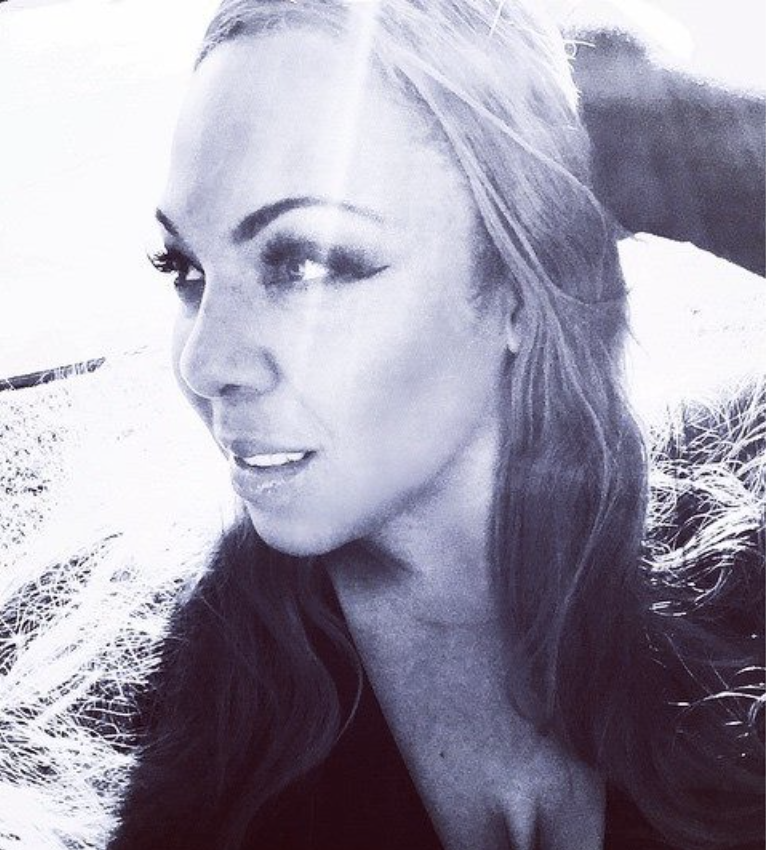
Award-Winning Publisher

